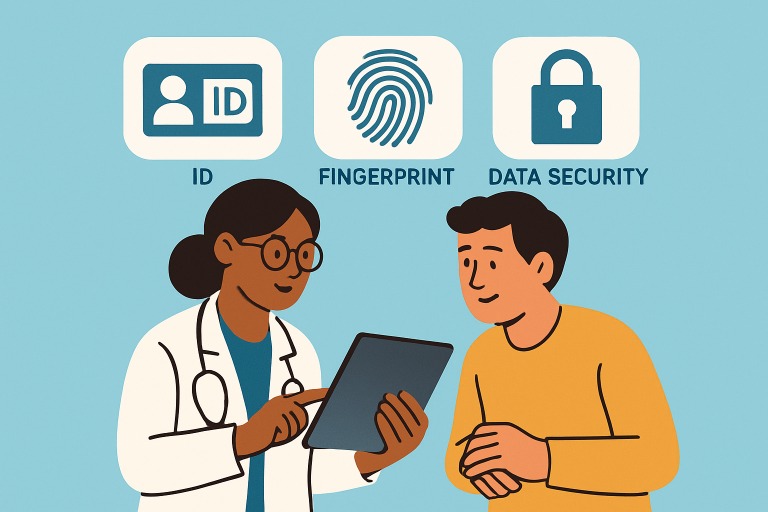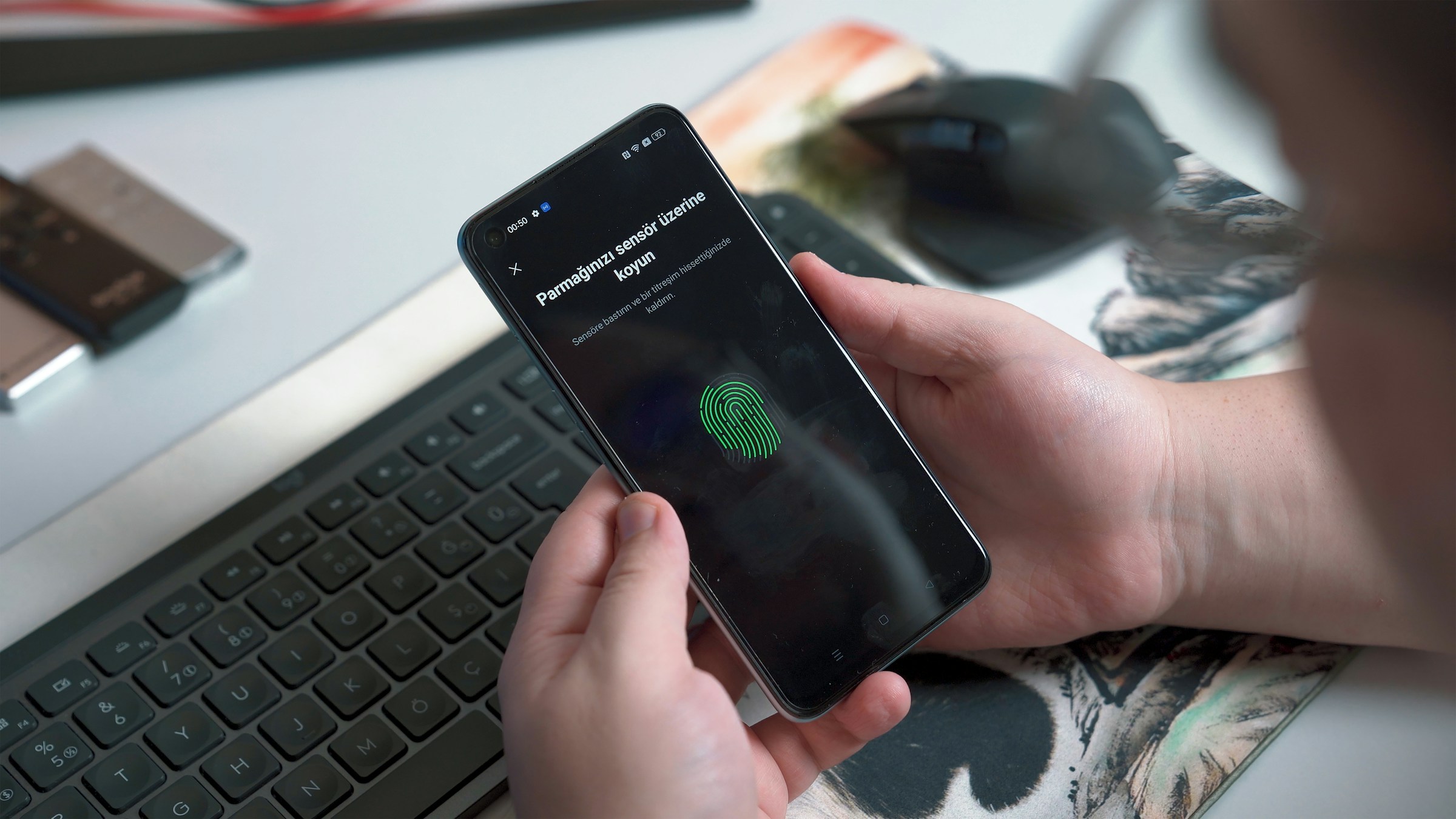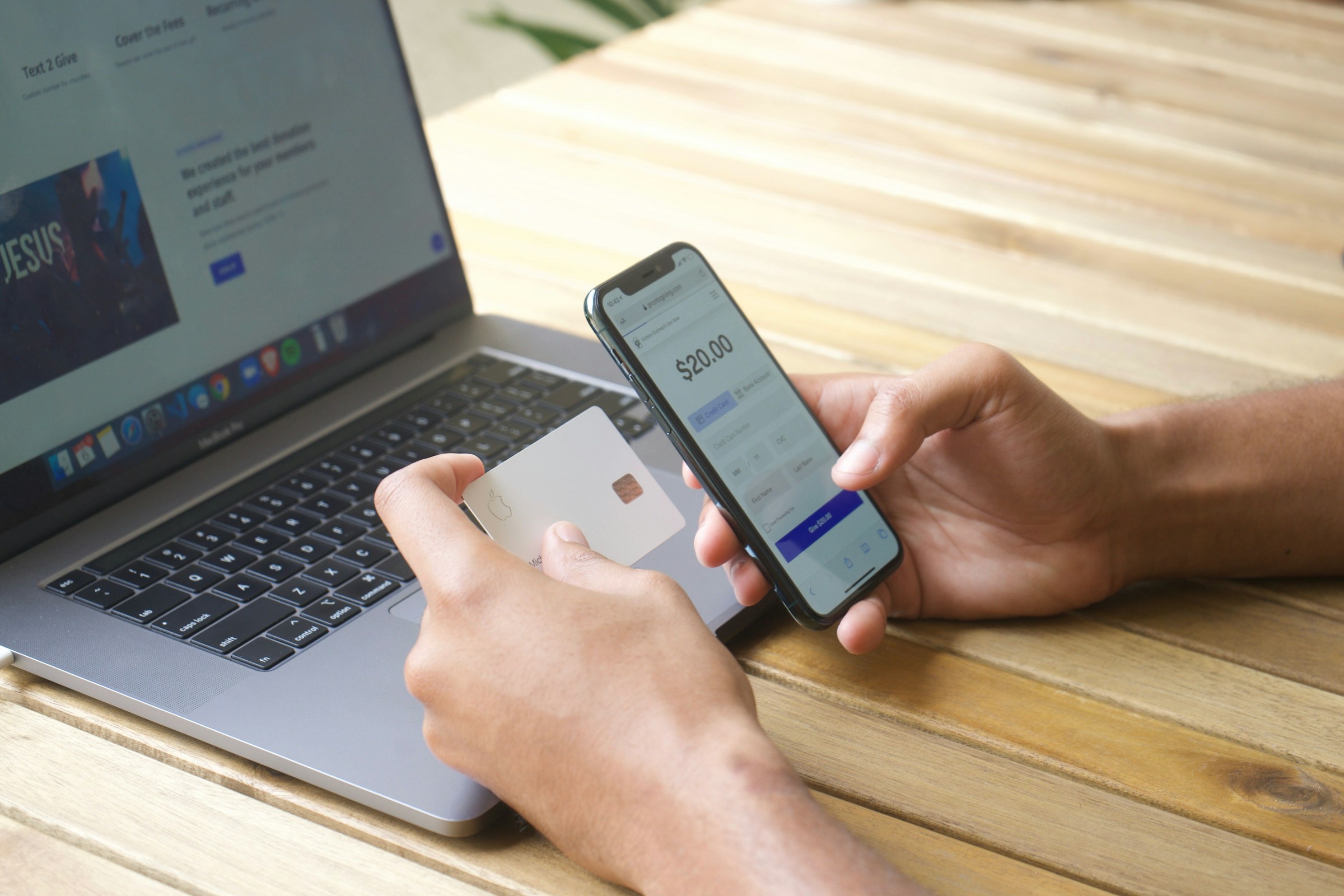Table of Contents
Introduction: The Growing Need for Strong Identity Verification in Healthcare
The digital transformation sweeping the healthcare industry brings remarkable opportunities to enhance patient care, operational efficiency, and data-driven decision-making. However, as hospitals and clinics embrace digital tools and electronic health records, they become more attractive targets for cybercriminals and fraudsters.
The risks of identity theft, insurance fraud, and unauthorized access to sensitive medical information are higher than ever. Ensuring that every patient and provider is accurately identified is vital to keeping patient data safe and fostering trust throughout the healthcare ecosystem. That’s why identity verification software has become essential for organizations aiming to safeguard sensitive information, streamline workflows, and maintain regulatory compliance.
With mounting incidents of healthcare fraud and cyberattacks making headlines globally, patients and regulators now demand reassurance that healthcare entities are doing everything possible to prevent breaches and errors. Identity verification is the critical first line of defense, supporting patient safety, protecting medical data, and driving modern digital experiences.
As healthcare delivery methods evolve — including telemedicine and online patient portals — identity authentication must keep pace to ensure security while enabling seamless access to health services. Adopting robust digital identity tools is no longer optional; it’s the foundation of a secure, efficient, and patient-centric healthcare system.
What Is Identity Verification Software?
Identity verification software refers to robust digital systems that authenticate, validate, and record the legitimacy of individuals interacting with a healthcare system. These platforms combine advanced technologies, including biometrics, AI-driven document verification, and mobile authentication, to confirm a person’s identity in real time.
Core features often include facial recognition, government ID scanning, liveness detection, and ongoing identity monitoring. Hospitals, clinics, and telehealth services leverage these solutions for various purposes, such as registering new patients, enabling secure access to patient portals, authenticating providers, or preventing prescription fraud. These tools strengthen identity protections at every touchpoint, from in-person kiosks to mobile check-ins.

Protecting Patient Data from Cyber Threats
Due to the vast amounts of personal information they manage, healthcare organizations are among the top targets for ransomware attacks and data breaches. According to the U.S. Department of Health and Human Services, breaches in healthcare have been rising year over year, costing institutions millions and undermining public trust. Robust identity software mitigates risk by ensuring only authorized individuals can access sensitive electronic health records (EHRs), using rigorous verification checks to block malicious actors.
Following health data privacy best practices—such as strong access controls and regular monitoring—enables healthcare providers to comply with regulatory requirements while demonstrating their commitment to patient confidentiality.
Streamlining Patient Registration and Check-In
Traditional patient registration often involves lengthy paperwork, leading to frustration and errors. Identity verification software modernizes this process by allowing patients to upload identification documents and verify their identity before arrival remotely. Digital onboarding eliminates redundant forms, accelerates check-in, and significantly reduces patient and staff wait times.
By automating identity validation, healthcare organizations can improve the accuracy of medical records, lower administrative burdens, and maximize time spent delivering care. This seamless experience not only boosts operational efficiency but also elevates the overall patient journey from the very first interaction.
Preventing Medical Identity Theft and Fraud
The consequences of medical identity theft can be severe, from fraudulent billing and insurance claims to compromised patient safety due to mistaken health records. Real-time digital ID checks instantly flag suspicious activity — like duplicate profiles, mismatched IDs, or unusual access attempts — helping organizations intervene before damage is done.
By implementing these advanced safeguards, healthcare providers protect their financial health and the well-being of their patients.
Enhancing Regulatory Compliance Across the Sector
Healthcare organizations are subject to stringent data privacy and security regulations, such as HIPAA in the United States and GDPR in Europe. Automated identity verification supports compliance by creating a secure audit trail and saves time with features that automatically enforce regulatory protocols. This reduces the risk of human error and potential penalties for non-compliance, while continually updating processes based on the latest legal standards.
The burden of regulatory adherence is minimized, enabling healthcare organizations to focus more energy on patient outcomes and less on paperwork.
Improving Patient Trust and Healthcare Outcomes
Trust is foundational to effective care. Patients want assurance that their sensitive information is well protected, and that their identities won’t be confused with someone else’s. Secure digital verification brings peace of mind for patients, reducing fears over data breaches or misdiagnosis.
A streamlined, secure verification process can also help reduce clinical errors caused by mistaken identity and foster sustained engagement through trusted digital channels. Research has highlighted how digital identity is shaping patient experience and improving outcomes across the healthcare landscape.

Key Factors to Consider When Choosing Identity Verification Software
Not all solutions are created equal. Healthcare organizations choosing an identity verification platform should prioritize seamless integration with existing practice management, EHR, and patient portal systems. User experience is another crucial consideration — the tool should be intuitive for frontline staff and patients, minimizing learning curves.
Additionally, top solutions offer customization to fit specific workflows and the scalability needed to support future growth, ensuring lasting value as technology and regulations evolve.
Conclusion: Embracing Identity Verification for the Future of Healthcare
The need for secure, efficient, and patient-centric processes in healthcare has never been more apparent. Implementing identity verification software delivers substantial benefits: protecting patient data, streamlining operations, fighting fraud, ensuring compliance, and — most importantly — nurturing trust that leads to better healthcare outcomes. Forward-thinking organizations that embrace these technologies are well-positioned to lead the industry into a safer, brighter future.




